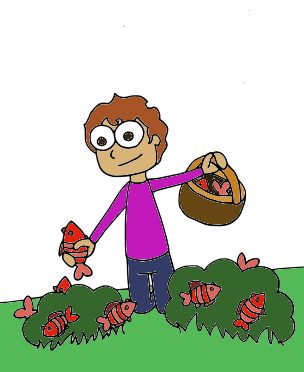85 Editing for Clarity and Conciseness
Some writers are very methodical and painstaking when they write a first draft. Others unleash a lot of words and ideas to get out everything they want to say. Do either of these methods match your style? Or is your composing style somewhere in between? Regardless of the author, the first draft of almost every piece of writing can be made more clear and concise.
To be concise, you should edit your writing for wordiness. Eliminating wordiness make your work easier to read because the ideas are clear, direct, and straightforward.
Click on the items below to see how the wordiness can be revised.
Here are some tips for choosing specific and appropriate words to ensure your writing is clear and concise:
- Avoid slang. Use scholarly language to replace informal language.
- Avoid overly casual language. Write about “men and women” rather than “guys and girls” unless you are trying to create a specific effect. A formal tone calls for formal language. However, more gender-inclusive language would be “persons of all genders.”’
- Avoid contractions. Use “do not” instead of “don’t” – contractions are considered casual speech.
- Avoid clichés. Overused expressions like “face the music,” and “better late than never” are empty of meaning and are unlikely to appeal to your audience.
- Be careful when you use words that sound alike but have different meanings. Some examples are allusion/ illusion; complement/compliment; council/counsel; concurrent/consecutive; founder/flounder; and historic/historical. When in doubt, check a dictionary.
- Choose words that have the connotations you want. “Proud” has positive connotations, while “arrogant” and “conceited” have negative connotations.
- Use specific words rather than overly general words. Find synonyms for vague words like thing, people, good, and interesting or add specific details to make your exact meaning clear.
Student Tip
Red Herrings
Red herrings (see Figure 8.3) are sentences or statements that distract the reader from your main idea or thesis statement. Pay close attention when revising to notice any red herrings. For example, avoid writing about the benefits of mathematic skills in adolescents if your thesis is: Adolescents who are captivated by the sexual images on MTV are conditioned to believe that a person’s worth depends on their sexuality, a feeling that harms their self-esteem and behaviour.

Figure 8.3: Watch out for red herrings
Attribution statement
Remixed with our own original content and adapted, with editorial changes, from:
Writing for Success 1st Canadian Edition by Tara Horkoff is licensed under a Creative Commons Attribution-NonCommercial-ShareAlike 4.0 International License, except where otherwise noted. Download for free at: https://opentextbc.ca/writingforsuccess/
Sentences that distract the reader from your main topic.

